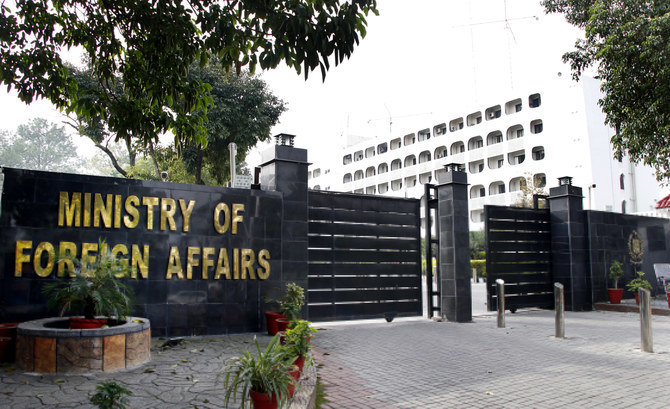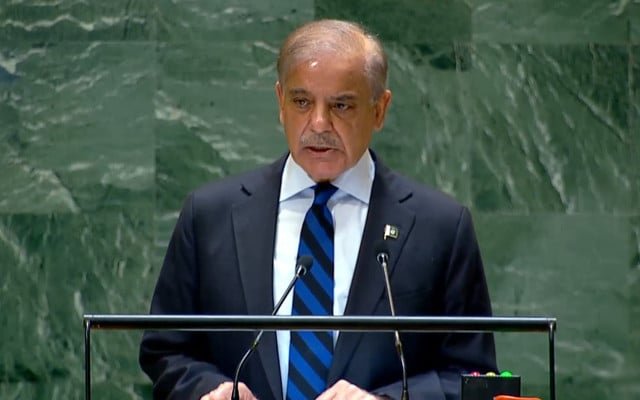Finance Minister Mohammad Aurangzeb has initiated discussions with the International Monetary Fund (IMF), disclosing that the country’s tax collection from retailers, wholesalers, and distributors reached Rs11 billion in the first quarter of the fiscal year. This comes as Pakistan seeks the IMF’s support to tackle ongoing economic challenges.
Despite expectations, the Tajir Dost Scheme (TDS) has significantly underperformed, generating only Rs1.7 million against a target of Rs10 billion in the same period. Secretary of Finance Imdad Ullah Bosal and FBR Chairman Rashid Mehmood Langrial led discussions with the IMF team, which is in Islamabad from November 11 to 15, 2024. The task of meeting IMF expectations appears daunting, as they propose two possible solutions: implementing a mini-budget to address a Rs189 billion revenue shortfall or devising a strategic plan to curb excessive government spending.
A senior official noted that TDS served primarily to bring retailers and wholesalers into the tax system. Thanks to stricter tax rates and enforcement, the Federal Board of Revenue (FBR) managed to collect an additional Rs11 billion from these sectors. There has also been a notable increase in the number of tax return filers, signifying progress in the documentation of the economy.
Per sections 236G and 236H of the Income Tax law, manufacturers and importers must collect advance taxes at rates of 2% for sales to distributors and dealers, and 2.5% for sales to retailers. This system allows for tax credits to offset taxable income for the year in which the tax was collected.
In a separate matter, the Power Division informed the IMF about a proposed hike in fixed rates for on-grid solar energy, which may impact solar energy adoption.
The IMF’s staff mission is currently in the country to recommend adjustments to prevent deviations from the planned fiscal framework for the year. Their early visit comes as a response to fiscal issues observed in the initial four months of the year. Without immediate corrective action, there are concerns the fiscal deficit could widen significantly by February-March 2025. The IMF may not prioritize reducing expenditures, suggesting that unveiling a mini-budget could be necessary to improve the tax-to-GDP ratio.















